Advanced electromyography testing that pinpoints exactly what’s causing your nerve pain, muscle weakness, or numbness.
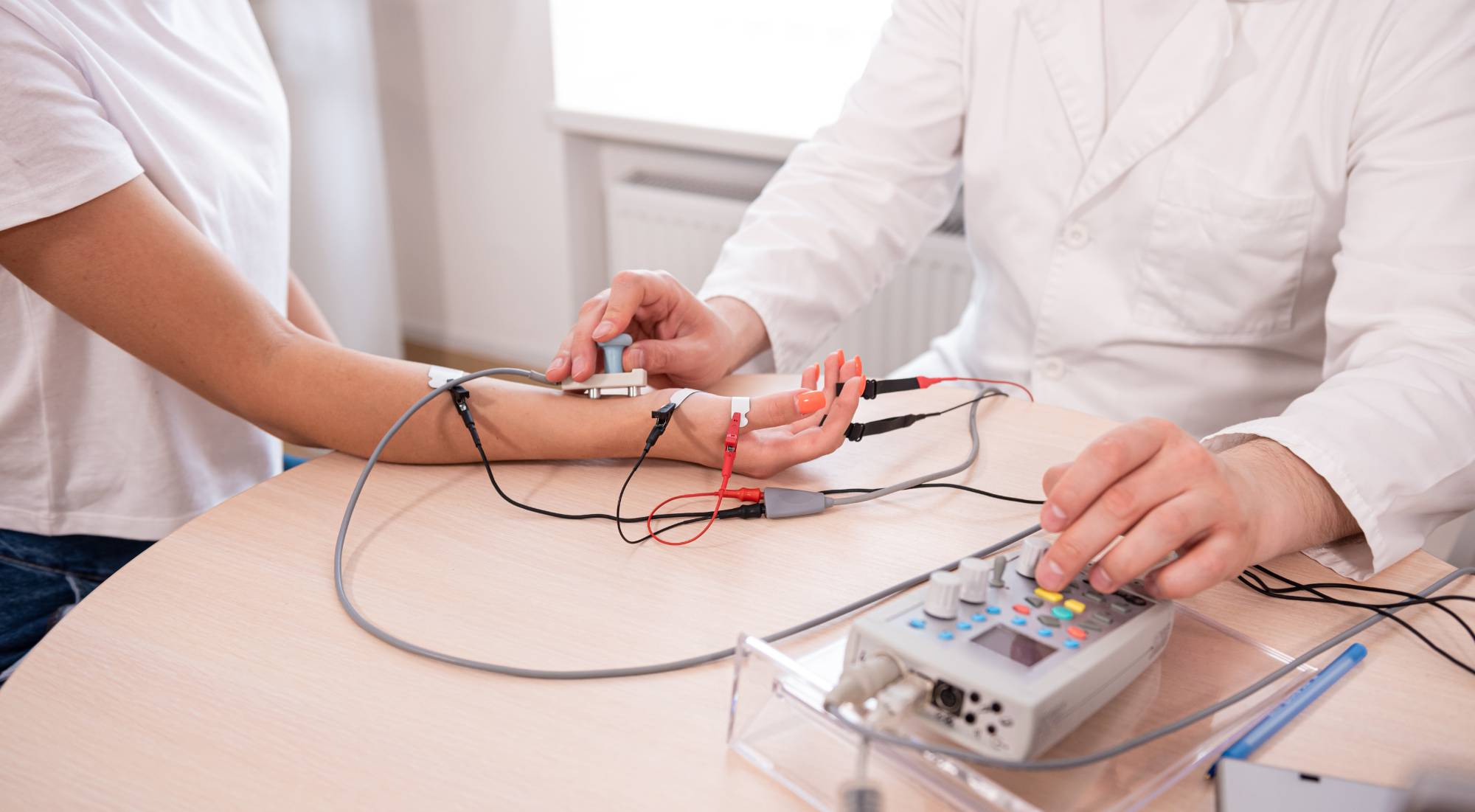
Reviews
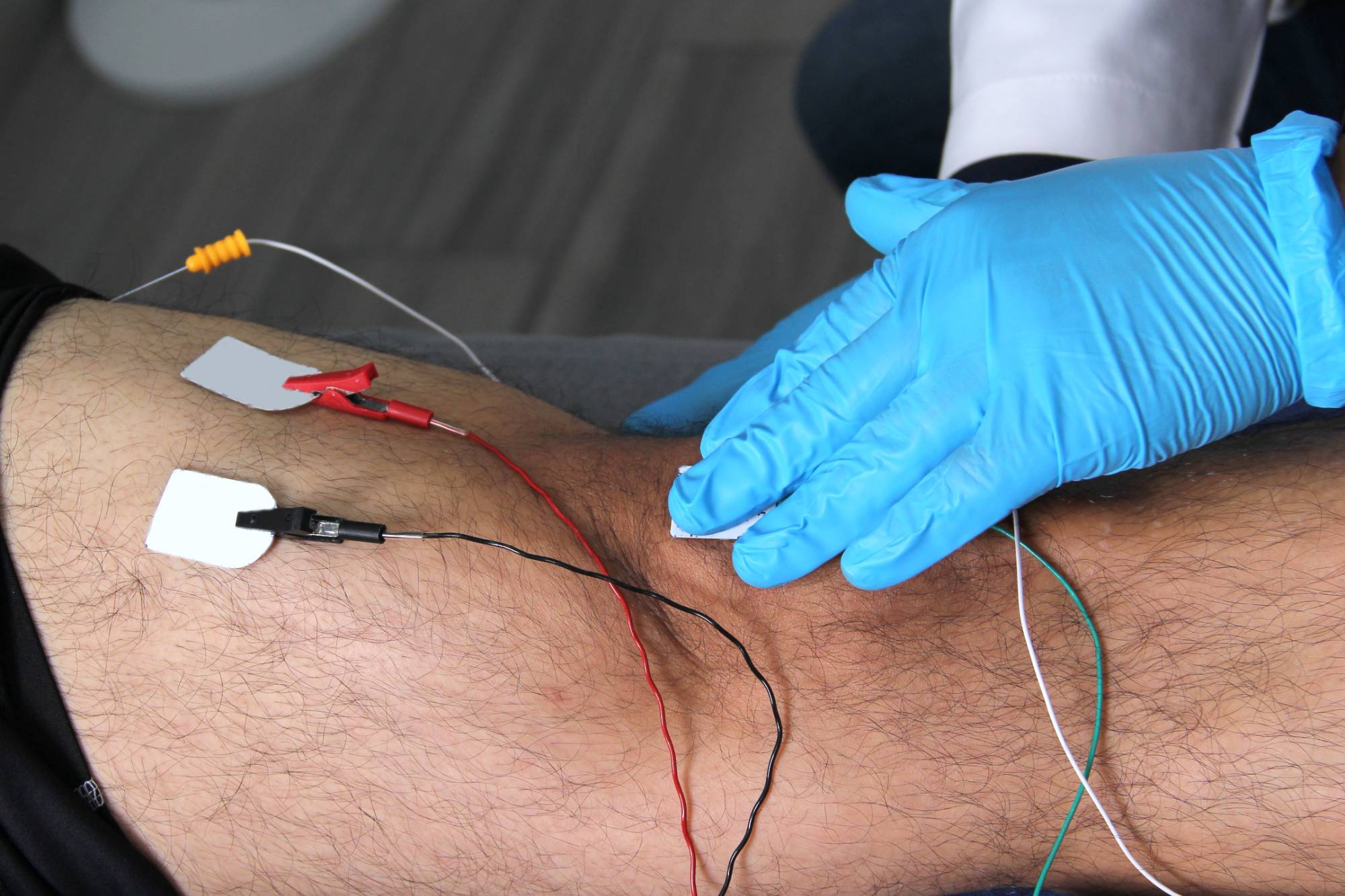
You’ve been dealing with unexplained symptoms long enough. That tingling in your hands during work. The muscle weakness that makes simple tasks frustrating. The nerve pain that keeps you up at night.
EMG testing gives you definitive answers. Instead of guessing what’s causing your symptoms, you’ll know exactly which nerves or muscles aren’t functioning properly. This precision matters because the right diagnosis leads to the right treatment.
Once you understand what’s happening in your body, you can move forward with confidence. No more wondering if symptoms will get worse. No more trying treatments that don’t address the real problem. Just clear direction toward feeling better.
NY Spine Medicine brings specialized neurological expertise to Pinecrest residents who need accurate diagnostic testing. We focus specifically on identifying nerve and muscle disorders that other providers might miss or misdiagnose.
We understand that EMG testing can feel intimidating if you’ve never had it done. That’s why we explain every step of the process and make sure you’re comfortable throughout the entire procedure.
Years of experience have taught us that patients want straight answers, not medical jargon. You’ll leave knowing exactly what the results mean and what options you have moving forward.
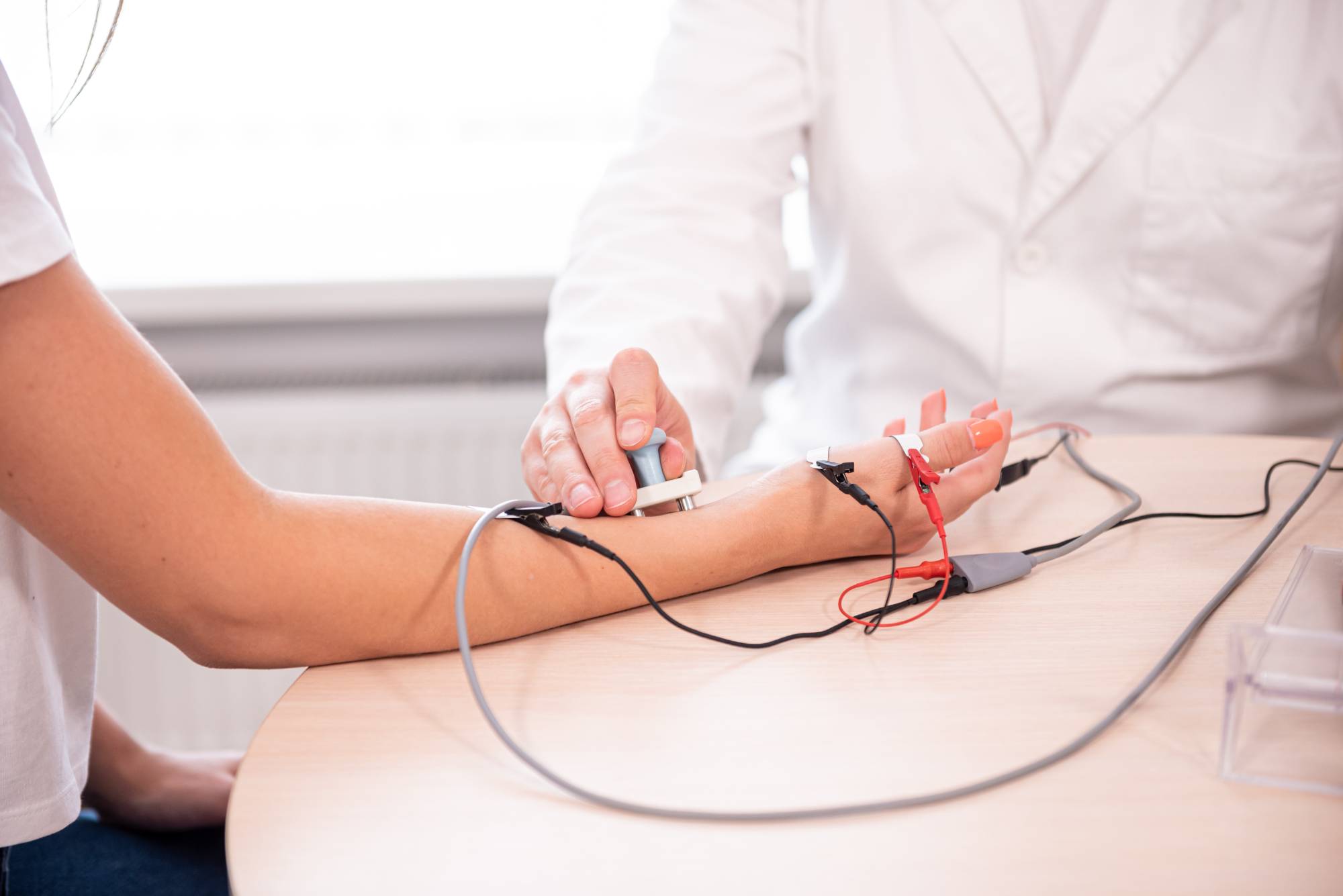
The testing starts with nerve conduction studies. Small electrical pulses measure how quickly signals travel through your nerves. This shows whether nerve damage is slowing down communication between your brain and muscles.
Next comes the EMG portion. Thin needle electrodes are inserted into specific muscles to measure electrical activity. This reveals whether muscle weakness comes from nerve problems or muscle disorders themselves.
The entire process typically takes 30-60 minutes depending on which areas need testing. You’ll get results immediately, along with a clear explanation of what they mean for your specific situation. Most patients find the testing much more comfortable than they expected.
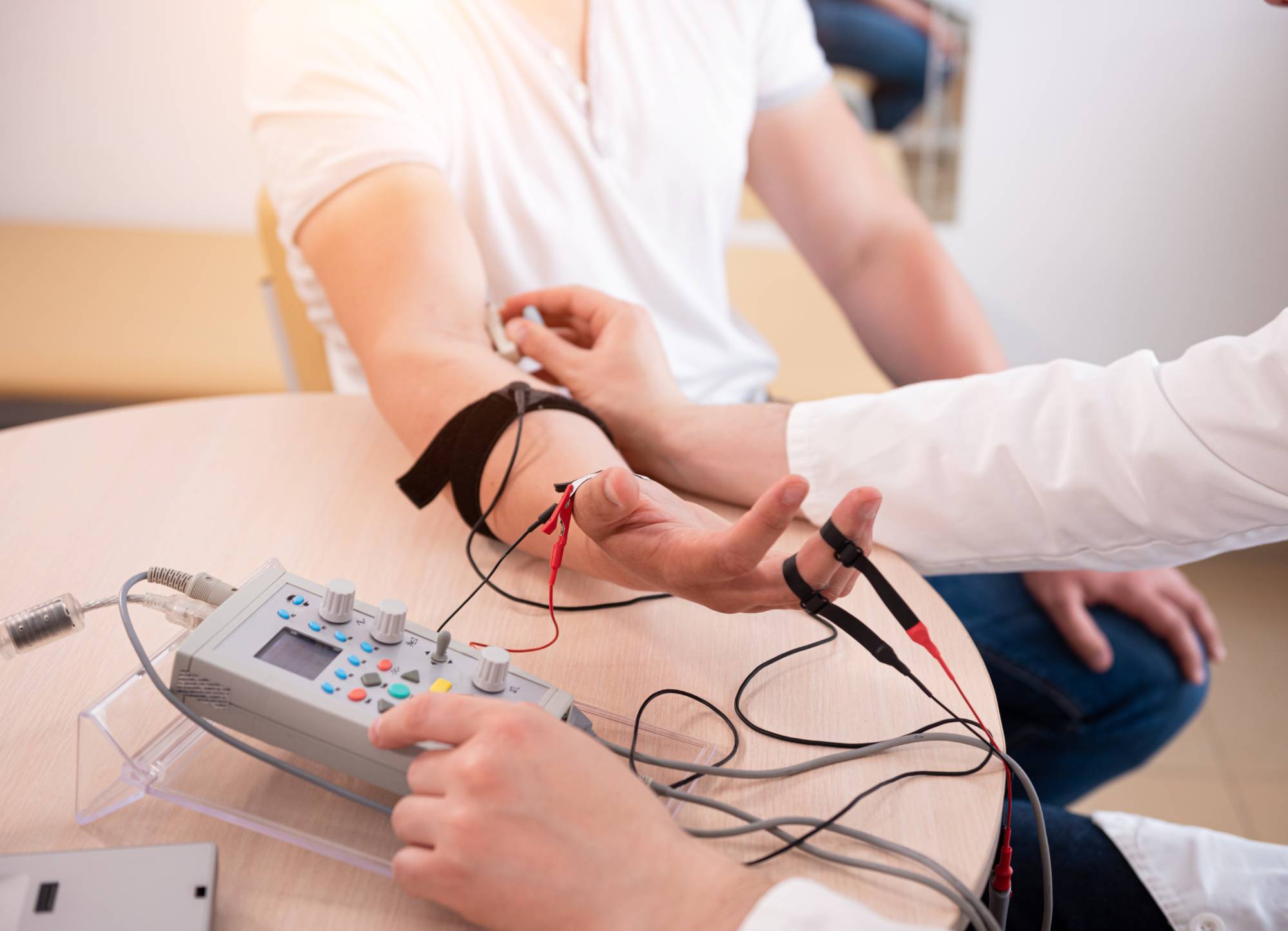
Ready to get started?
Your EMG testing includes both electromyography and nerve conduction studies in one comprehensive appointment. This combination provides the most complete picture of what’s happening with your nerves and muscles.
The testing can diagnose conditions like carpal tunnel syndrome, sciatica, diabetic neuropathy, pinched nerves, muscle disorders, and other neuromuscular problems. Many Pinecrest patients come to us after months of uncertainty about symptoms that interfere with work or daily activities.
You’ll receive detailed results that your doctor can use to create an effective treatment plan. Whether that means physical therapy, medication, injections, or other interventions, the EMG results ensure you’re getting treatment that actually addresses your specific condition.
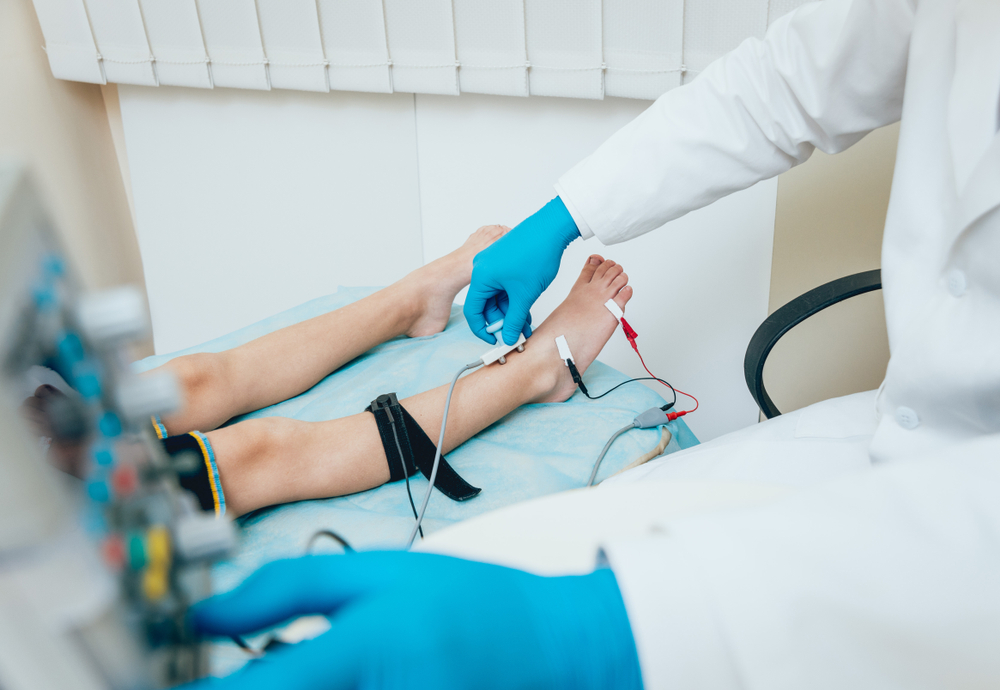
New York:
Florida:
Support